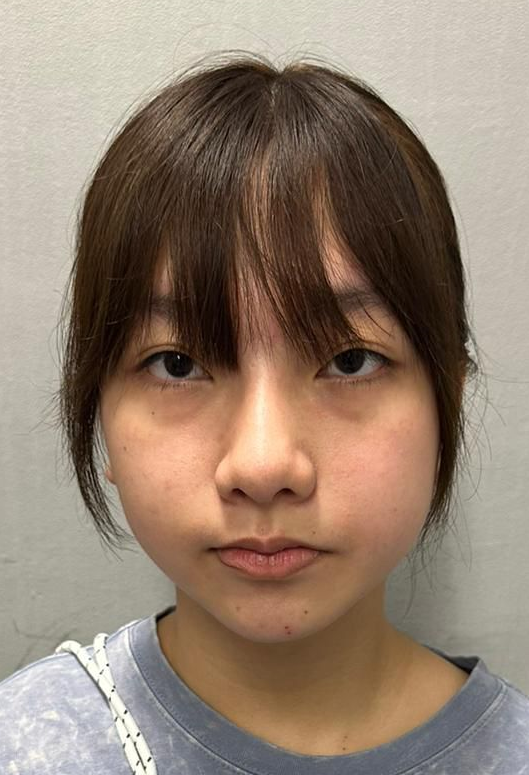The Chief Executive, Mr John Lee, and his wife, Mrs Janet Lee, began the visit programme in Sichuan today (July 8), visiting the Dujiangyan Base of the China Conservation and Research Centre for the Giant Panda to deliberate on and understand the overall arrival arrangements of the pair of giant pandas gifted to the Hong Kong Special Administrative Region (HKSAR) by the Central Government, and meeting with leaders of Sichuan Province.
In the morning, Mr Lee, accompanied by the Secretary for Culture, Sports and Tourism, Mr Kevin Yeung, and the Director of Agriculture, Fisheries and Conservation, Mr Mickey Lai, toured the Dujiangyan Base of the China Conservation and Research Centre for the Giant Panda to visit giant pandas, including the pair of giant pandas to be gifted to Hong Kong, and understand details of the arrival arrangements of the giant pandas. The officers of the National Forestry and Grassland Administration and the centre gave a thorough briefing to the delegation on the work in rearing, caring and conserving giant pandas, as well as the latest development on giant panda research. The delegation will bring back the precious experience to Hong Kong to further enhance the conservation of giant pandas in Hong Kong.
Mr Lee expressed his sincere gratitude to the Central Government for gifting another pair of giant pandas to the HKSAR, which fully demonstrates its care and support for the city. He also expressed his thanks to the Hong Kong and Macao Affairs Office of the State Council, the National Forestry and Grassland Administration, and the Sichuan Province for the arrangements and assistance they rendered on the matter. Noting that Hong Kong people are looking forward to the arrival of the giant pandas, Mr Lee said that the HKSAR Government will endeavour to make good preparations to welcome the giant pandas.
In the afternoon, Mr Lee and the delegation visited the Sichuan HKJC Olympic School and exchanged with the students. Mr Lee said he was delighted to see that the school has now become a key training base of competitive sports in Sichuan and a significant platform for youth exchanges between Sichuan and Hong Kong.
The two facilities were reconstruction projects participated by the HKSAR after the Wenchuan earthquake in 2008. Mr Lee noted that the HKSAR Government and various sectors actively participated in the rescue work and post-earthquake reconstruction of the Wenchuan earthquake, fully demonstrating the spirit of "when trouble occurs at one spot, help comes from all quarters" and compatriotism. He was pleased to see the successful development of the facilities, which have become important bridges for fostering people-to-people bonds between the two places.
In the evening, Mr Lee met with the Secretary of the CPC Sichuan Provincial Committee, Mr Wang Xiaohui, and attended a dinner hosted by the Sichuan Province. Noting that Hong Kong has been the largest source of foreign direct investment in Sichuan for many years, Mr Lee said the relationship between Sichuan and Hong Kong has always been close. The Hong Kong/Sichuan Co-operation Conference mechanism has seen steady development since its establishment in 2018. With the opening of the high-speed railway directly connecting Chengdu and Hong Kong in July last year, the distance between Sichuan and Hong Kong has been further shortened, he added. Mr Lee said he hopes that Sichuan and Hong Kong will continue to strengthen co-operation and he welcomes Sichuan citizens to visit the giant pandas and travel to Hong Kong in the future, sharing laughter and joy together.
Mr Lee will continue his visit programme in Sichuan tomorrow (July 9) and return to Hong Kong in the evening.











